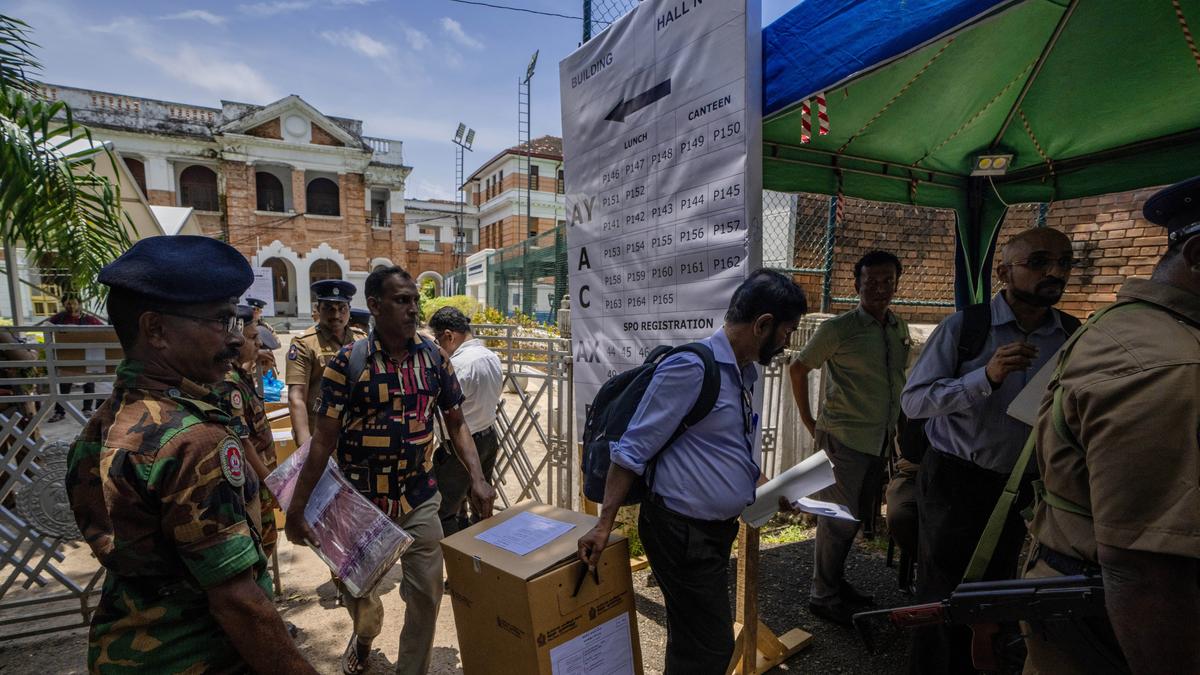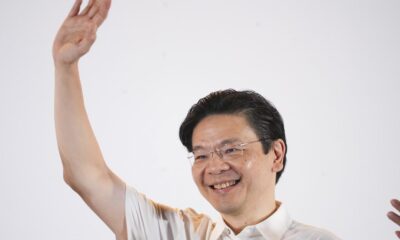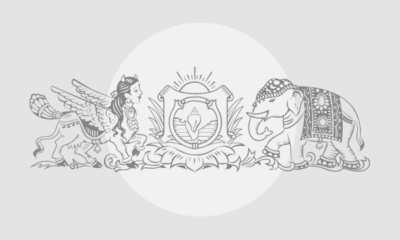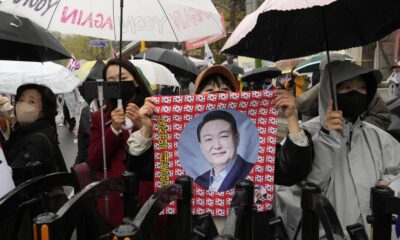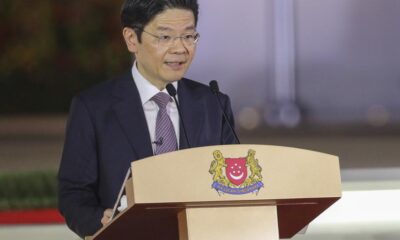Sri Lanka’s ninth Presidential election, scheduled for September 21, is taking place in unique circumstances.
The election comes two years after a period of political turmoil and economic crisis in the country. The current situation is reminiscent of the events in 1953 when Prime Minister Dudley Senanayake resigned due to rising living costs, and his successor John Kotelawala took office under less challenging conditions. In contrast, Ranil Wickremesinghe faced a more difficult situation when he became President in July 2022.
Editorial | Back from the brink: On the Sri Lankan elections and the road ahead
This election reflects a shift in the political landscape. The United National Party (UNP), a traditional party, is not actively participating, but its leader Mr. Wickremesinghe is running as an independent candidate to appeal to a wider audience. The Sri Lanka Podujana Peramuna (SLPP) has emerged as a major player, overshadowing the Sri Lanka Freedom Party (SLFP) and UNP in recent elections. Additionally, the Samagi Jana Balawegaya (SJB), led by Sajith Premadasa, has gained support from former UNP voters.

In addition to Mr. Wickremesinghe and Mr. Premadasa, Anura Kumara Dissanayake, leader of the Janatha Vimukti Peramuna (JVP), is a key contender in the election.
One interesting aspect of the election is the perceived marginalization of the SLPP following the popular uprising in 2022. There is speculation on who would benefit the most if the SLPP loses significant support. The JVP is seen as a possible beneficiary of this situation.
The Tamil factor
This time, minority groups, especially Tamils, are not expected to vote uniformly for a single candidate due to divisions among Tamil parties. Both Mr. Wickremesinghe and Mr. Premadasa are seeking support from certain Tamil parties. P. Ariyanenthiran of the Ilankai Tamil Arasu Katchi (ITAK) is running as an independent candidate, a first for the party, but his candidacy does not have full party support.

It remains to be seen if Mr. Premadasa can replicate his 2019 success in winning the support of ethnic minorities. In the 2015 election, the victory of Maithripala Sirisena was attributed in part to strong support from Tamil-speaking areas.
Despite challenges, candidates like Mr. Wickremesinghe and Mr. Premadasa are vying for the presidency, each with their own strengths and weaknesses. The outcome of the election will reveal the impact of these dynamics on the political landscape of Sri Lanka.
ramakrishnan.t@thehindu.co.in
Published – September 21, 2024 12:08 am IST

